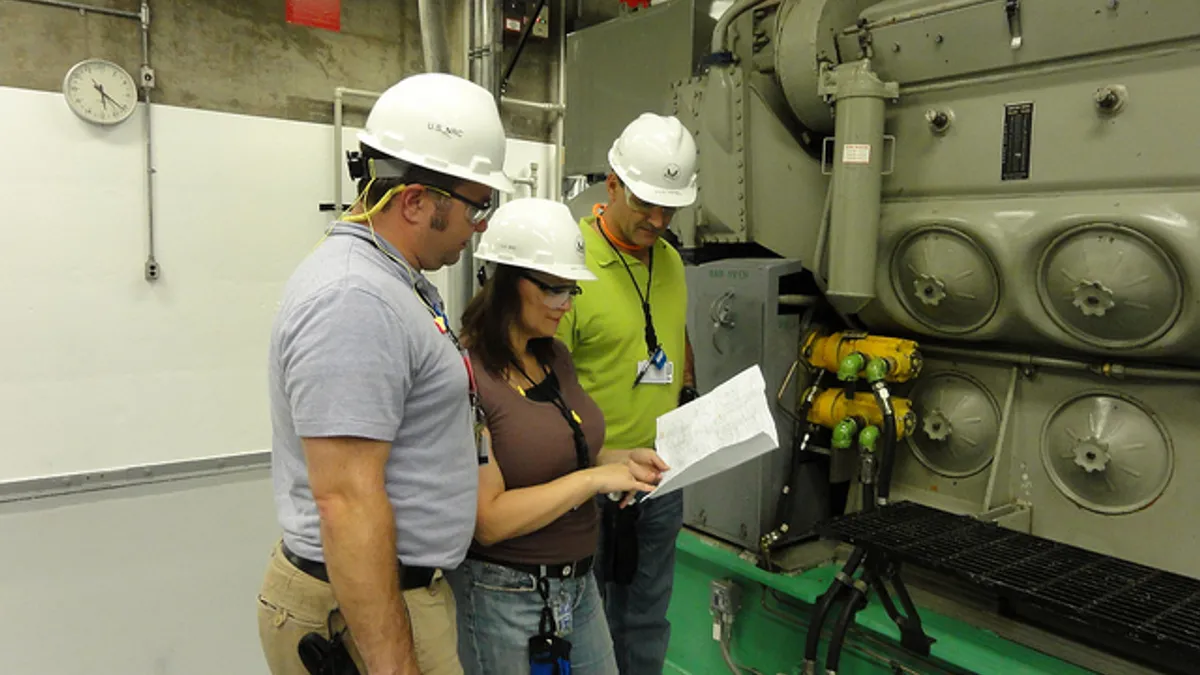Dive Summary:
- When the U.S. Nuclear Regulatory Commission began extending nuclear plant life-spans by 20 years and beyond the 40-year licenses, many utility execs thought 60 was the new 40, the New York Times writes.
- But this year’s wave of early retirements and delayed plans calls into question if 40 is old again and if pushing forward with new construction of nuclear plants makes any sense at all.
- In 2003, utilities have announced the retirement of four reactors – three due to expensive mechanical malfunctions, and one, Dominion’s Kewaunee in Wisconsin, due to slipping profits as the result of the low wholesale price of electricity.
From the article:
“Such is the fate of all old power plants. As the Nuclear Energy Institute, the industry’s main trade association, pointed out when San Onofre closed, of the power plant retirements since 2010, 41 percent were coal and 33 percent were natural gas. Ten percent were nuclear. Old power plants lead conditional existences; they may not survive new environmental rules or other circumstances that require expensive retrofits.”














